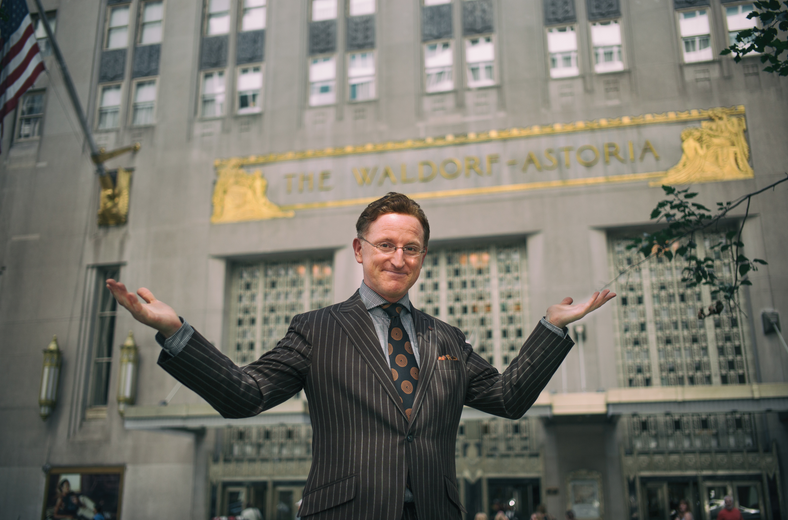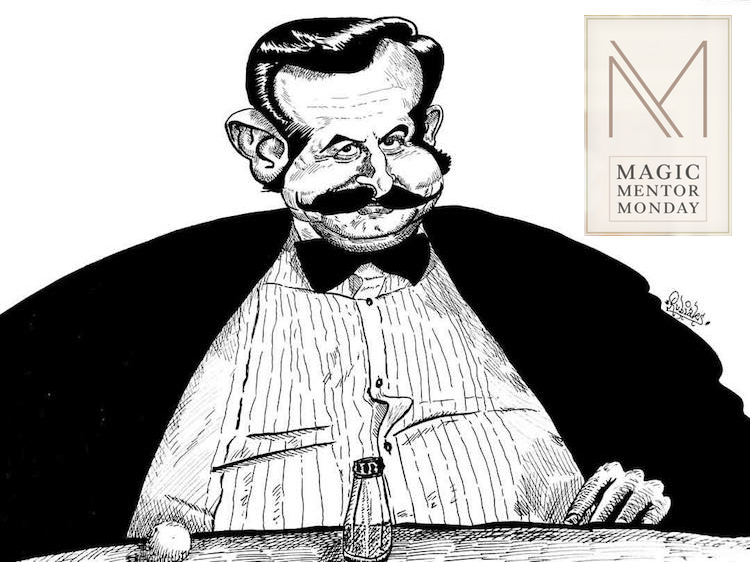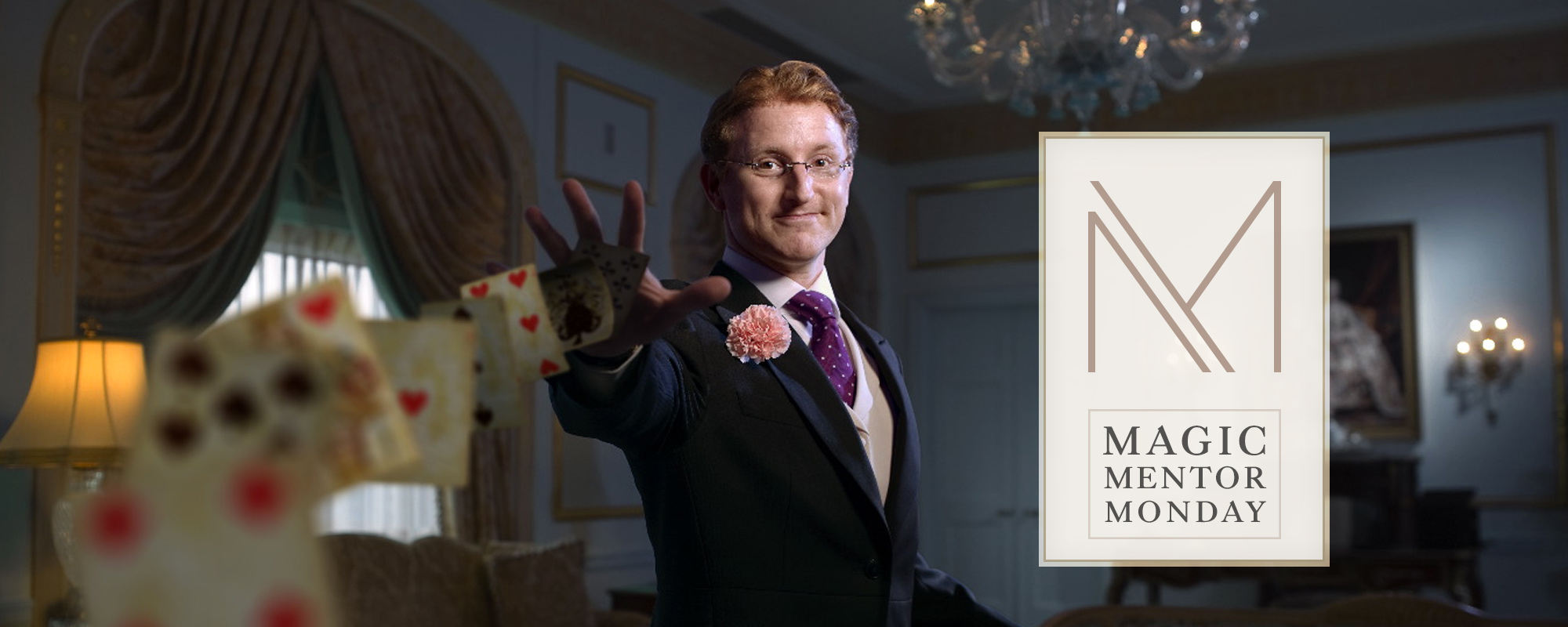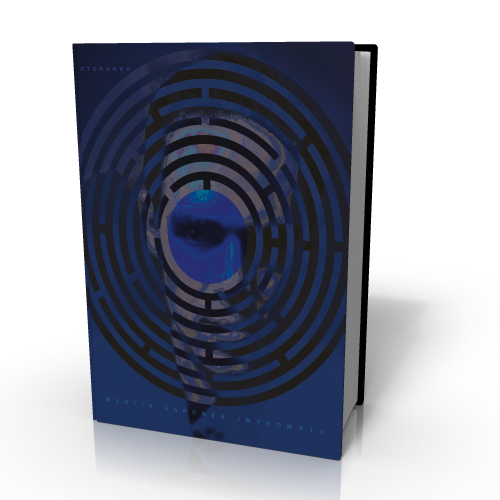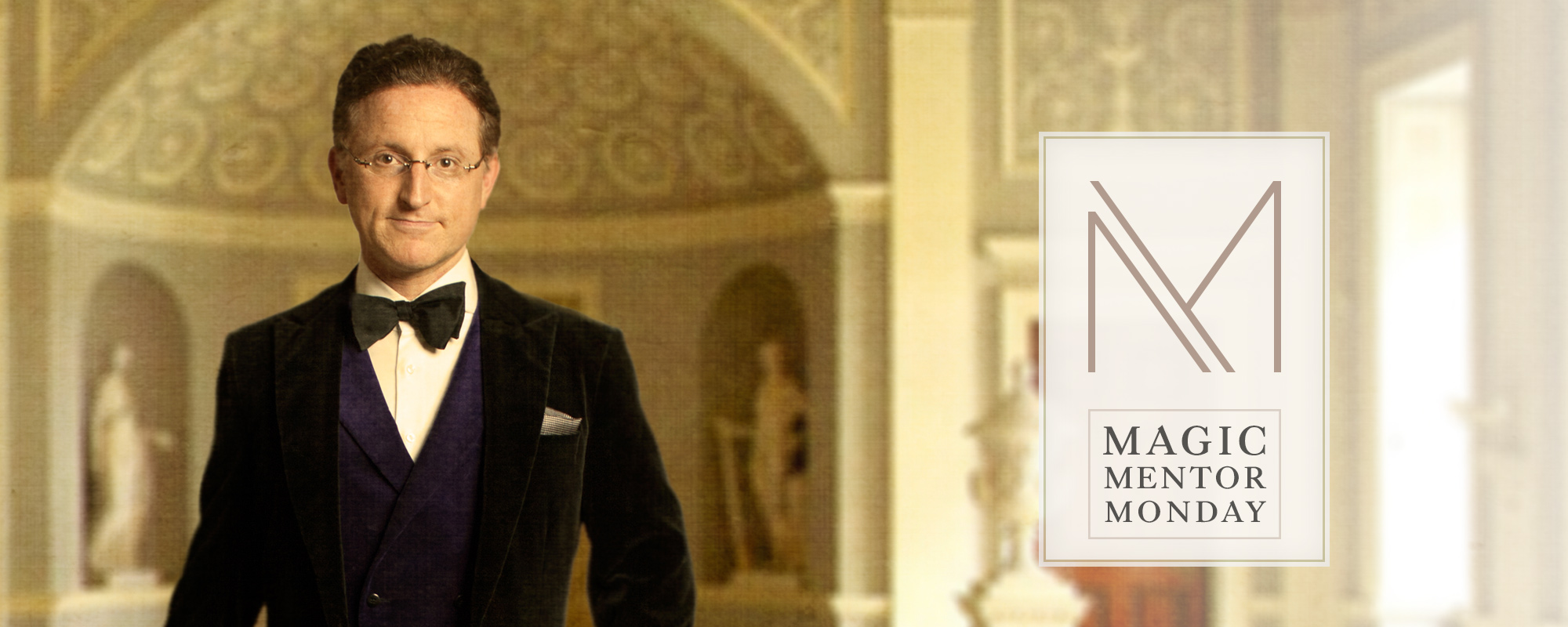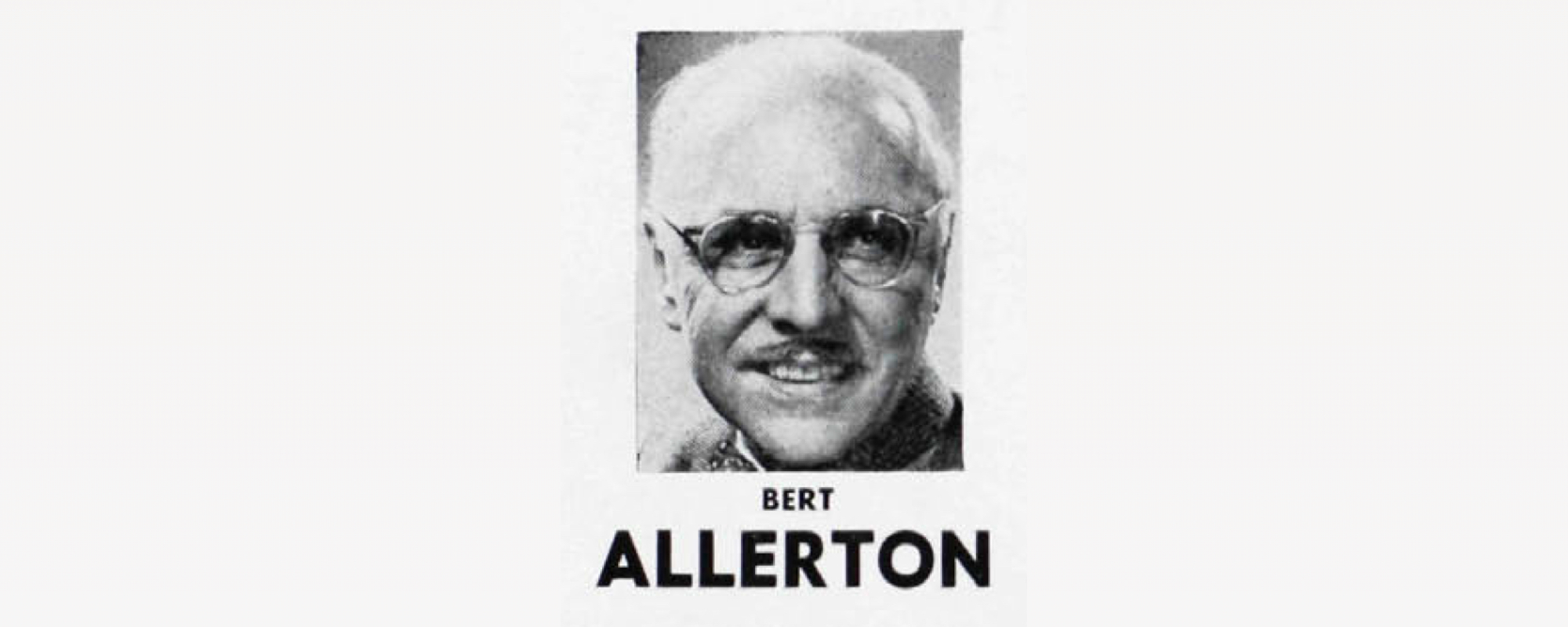
written by Bert Allerton
(published in The Magic of Sam Berland, 1986)
TO BE A SUCCESSFUL CLOSE-UP MAGICIAN YOU MUST
1. Really love magic and not do magic because you love to show off.
2. Love people to the point of sincerely being more interested in their enjoyment of what you are doing than in the effect itself.
3. Have a natural adaptability for doing magic and using your own natural style.
4. Be a salesman to the extent of giving the public what really entertains them and not using the effects that you may think are good or that you like to do.
5. Have a sense of timing which can only be fully developed by experience. This is one of the most important factors in successful presentation of close-up. Learn how to build up suspense, create surprises, and produce laughs.
6. Be a student of psychology for there are many startling and unexplainable effects that can be performed as a result of knowing what people will do under a given set of circumstances.
7. You must routine your presentation, your effects must be psychologically selected, performance-tested, and carefully arranged. The opening is most important and should break down as quickly as possible the normal dislike for magicians on the part of so many people, apparently due to unimpressive performances they have previously witnessed. Every effect must sustain their interest as a close-up magician has distractions which no stage performer encounters — music, dancing, waiters, kibitzers, etc. Like any good performance the climax or concluding effect is exceptionally important and if possible, leave ’em laughing.
8. Be a gentleman. Be careful of your manner of speech, your patter (blue material should be avoided), your dress, and your general conduct. Smile graciously and be friendly.
9. Have a sense of humor and if not naturally a comedian be able to build up situations with your magic that produce laughs.
10. And last but basically the first requirement. Be a technician, as near to a perfectionist as possible in this regard. Learn to do all your moves automatically and effortlessly so that you can project your personality and do a real selling job.
Read the full post »
